Too often we mistakenly believe motivation is the key to changing behaviors. The problem with motivation is that it comes and goes. And when it waivers or goes away all together we get into trouble.
If I only work out when I am motivated I will skip a lot of workouts.
If I only eat healthy when I am motivated, I will have a lot of cheat meals, cheat days and cheat weeks.
If I only read when I am motivated I may not read very many books.
If I only write when I am motivated, I will have a lot of weeks when I fail to write and post anything to any of my three weekly blogs.
“The way we act determines how we feel way more often than the way we feel determines how we act.”
Seth Godin
The key is to create habits or rituals that do not depend on motivation. At certain times, I do certain things. As Seth Godin said in his latest interview with Tim Ferris, “Merely do the work without the narrative and without the drama.”
Unless I am teaching I go for a walk after my first meal of the day and again after my last meal of the day. I eat, clean up my dishes and go. Whether I feel like it or not is irrelevant, I go for the walk.
After my first coffee in the morning I work out for 30 minutes. I follow this with a 30 minute sauna during which I do 15 minutes of stretching and 15 minutes of breath work.
I eat my meals at the same time every day and eat the same thing every day. (I don’t like to cook and I prefer to use my mental energies elsewhere than the kitchen.)
I go to bed at the same time every day and get up at the same time every day. There are a few times during the year where I have to alter the time I go to bed, but the time I get up is consistent with the exception of a few days each year where I get up at 2:00 a.m. instead of 3:00 a.m. to get to an airport to catch an early flight.
I write and post 3 blog posts every week. Tuesday is Excellence in Training Tuesday, followed by W.I.N. Wednesday and Dare to Be Great Leadership Thursday.
Does any of this make me “special”? Hell No. Does this make me “super disciplined”? Not even close. I have just come to accept that if I only do things when I am motivated, or when I feel like it, I will skip things I need to do so I have created processes, rituals and habits for certain things in my life.
“Process saves us from the poverty of our intentions.”
Elizabeth King
I have listened to many successful writers say, “If you want to be a writer, then write. Every day. Write whether you feel like it or not. Write whether the content is good or not. If you want to be a writer, write.” This philosophy can be applied to many aspects of life.
A lot of people are motivated to workout and “eat healthy” on January 1. For most of them that motivation is gone within 2 to 3 weeks. Others do not wait until the start of the year to start a habit. They merely do the work without the narrative and without the drama.
Andrew Huberman, a professor in the faculties of Neurology and Ophthalmology at Stanford says there are 5 steps to how your nervous system processes information:
1. Sensing
2. Perception
3. Feelings / Emotions
4. Thoughts
5. Action / Behaviors
He says the key to changing behaviors is to work in reverse order and start with action / behaviors. This is the Act As If concept I wrote about last year. Huberman also says that activities like walking, biking and running create what is called “optic flow” as a result of the eye movements during forward motion through the environment. He explains this is the foundation for the therapy EMDR. There is also a lot of research supporting the power of nature so if you can combine the forward motion with nature such as a walk in the park, you are doubling your benefits.
So, what are you waiting to start? What area of your life are you waiting for inspiration or motivation to get started? What if, instead of waiting for that inspiration, motivation or divine intervention, you merely got to work without the narrative and without the drama?
If you want to learn more about Habits read Atomic Habits by James Clear or The Power of Habit by Charles Duhigg.
What’s Important Now? Create habits and rituals and merely do the work without the narrative and without the drama.
Take care.
Brian Willis
www.lifesmostpowerfulquestion.com
www.daretobegreatleadership.com Use the code WINSubscriber to get 10% off the online workshop Dare to Be Great: Strategies for Creating a Culture of Leading.
Maximizing human potential through Life's Most Powerful Question - What's Important Now?
If you found value in this post please share this with your friends, family and co-workers.


















